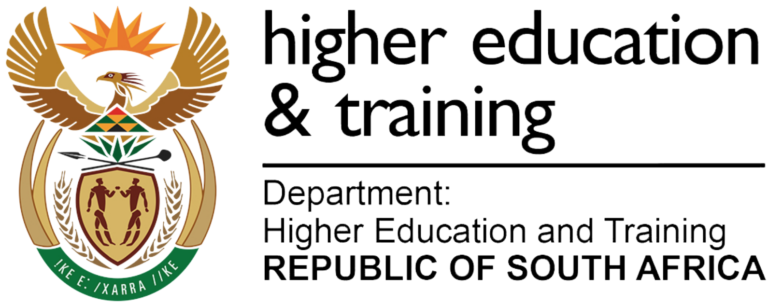Honoured as the “Mother of Black Freedom” and known as the first black woman in South Africa to hold a graduate degree, and for her exceptional contribution to the struggle for women’s and workers’ rights as well as her lifelong dedication to the struggle for peace and justice. Charlotte Maxeke was an individual whose every action was expressive of her extraordinary intellect, determination, courage, principles and love for God, but yet because of her gender, her name was sadly overlooked in the history of South Africa.
Born Charlotte Makgomo Manye, in Ramokgopa Polokwane (Pietersburg) District on April 1874. As a young girl growing up in the Eastern Cape, Maxeke never allowed herself to become discouraged by the severe traditional restrictions that bound girls to the home and village. With the help of her parents, she was able to reject such limitations, more so the barriers to formal education.
Maxeke began her primary school classes and rapidly advanced and outperformed her older classmates. Exceptionally talented in languages, mathematics and music, and respected for her proficiency in English and Dutch, she spent long hours tutoring her less-skilled classmates, often with great success. Music later became the reason for which Maxeke journeyed alone to Port Elizabeth to study at the Edward Memorial School. As before, she excelled and completed her secondary school education in record time, achieving the highest possible grades.
In Kimberley, Maxeke embarked on tutoring and music. She successfully taught the fundamentals of indigenous languages to expatriate claim holders and basic English to African ‘boss-boys.’ A boss boy is an African placed in charge of a group of African workers, and thus needed to be able to communicate in both English and indigenous languages. Her true joy, however, was music. Maxeke and her sister, Katie, joined the African Jubilee Choir in 1891 and toured England for two years, during which she performed for Queen Victoria.
With hopes of pursuing more education, Maxeke went on a second tour, to the United States of America (USA), with her church choir in 1894. When the tour collapsed, Maxeke stayed on and studied at Wilberforce University in Cleveland, Ohio, which was controlled by the African Methodist Episcopal Church (AME). There she was taught by Pan-Africanist W. E. B. Du Bois, and received an education that focused on developing her as a future missionary in Africa. She became the first black woman from South Africa to be awarded a B.Sc. degree. At Wilberforce, Maxeke also met her husband, Marshall Maxeke, who had come to the university from South Africa in 1896. Upon their return to South Africa, she took up a post as the first African teacher at Pietersburg in the Transvaal, while opening the local missionary field for the AME church.
In 1912, Maxeke attended the launch of the South African Native National Congress (SANNC)—later the African National Congress (ANC)—in Bloemfontein and became one of its first women members. She went on to found the Bantu Women’s League of the SANNC in 1918. She authored a lot of the ANC’s earliest literature and her uplifting speeches on behalf of African liberty were described as ‘electrifying,
As the leader of the Bantu Women’s League, she led a delegation of women to Prime Minister Louis Botha to discuss the issue of passes for women. She also helped organise the anti-pass movement in Bloemfontein in 1913. She was involved in protests on the Witwatersrand about low wages and participated in the formation of the Industrial and Commercial Workers’ Union (ICU) in 1920. It was her sense of leadership that led Charlotte to respond to a call by the South African Ministry of Education to testify before several government commissions in Johannesburg on matters concerning African education— another first for an African of any gender. Her clear brilliance resulted in a number of job offers, again the first of their kind made by the white government to an African.
During her years in Johannesburg, Maxeke co-founded with her husband the Widow’s Home and the Foreign Missionary Society. Along with the AME Church’s Widow’s Mite Society, these two groups were responsible for funding and educating thousands of young Africans, many in the United States and Britain, and also for caring for sick and indigent Africans at home. Maxeke also set up an employment agency for Africans in Johannesburg and was involved in multiracial movements. She addressed the Women’s Reform Club in Pretoria, an organization for the voting rights of women, joined the Joint Council of Europeans and Bantus, and was elected president of the Women’s Missionary Society.
The various organisations that Maxeke established, concerned with improving life in the townships, are a large part of her legacy. While somewhat conservative—emphasizing domestic duty, family life and Western ‘refinement’—they nevertheless created very broad networks between women from a range of class backgrounds.
Charlotte Manye Maxeke passed away in Johannesburg on 16 October 1939 at the age of 65 and at her funeral at Klipstown, her eulogy ended with the words ‘She was everyone’s friend and no one’s enemy.’

